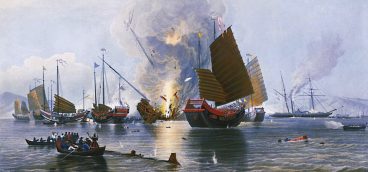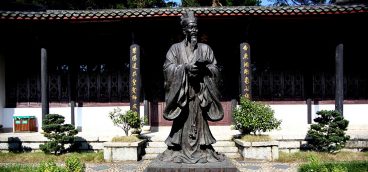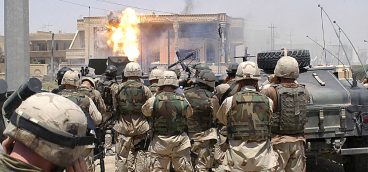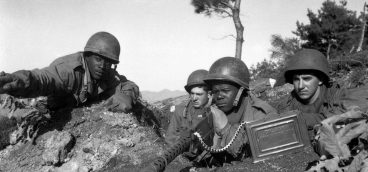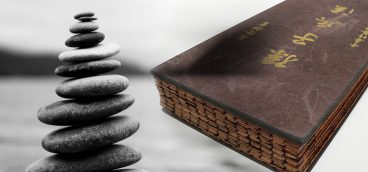Matthew Ridgway Turns the Tide
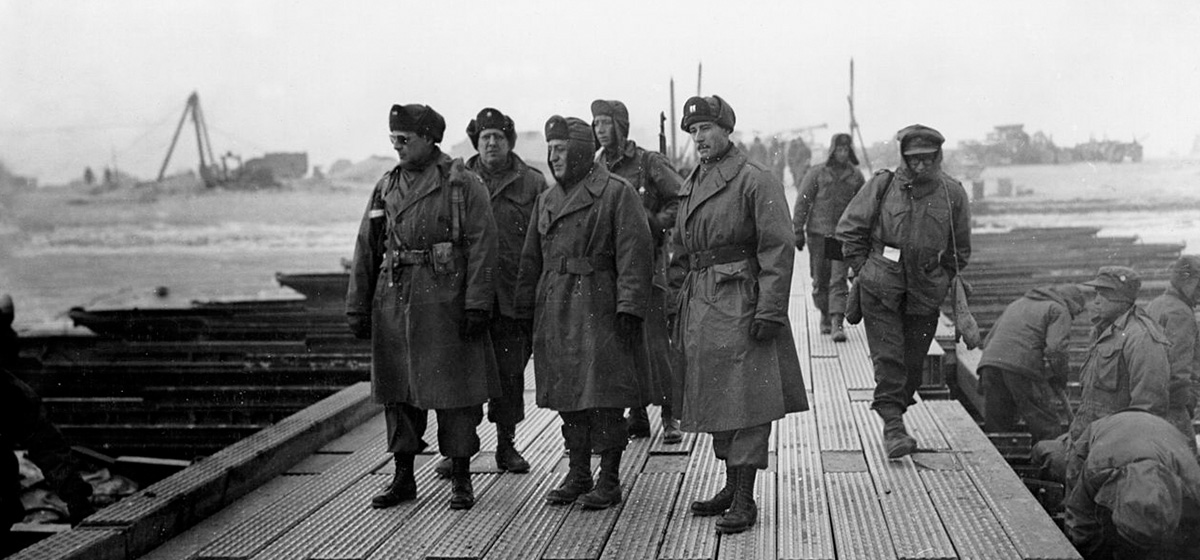
“War is the greatest affair of state, the basis of life and death, the way to survival or extinction.” —Sun Tzu, “The Art of War,” Chapter 1
When we last left the U.S. Army in Korea, it was in a shambles. The sudden and unexpected entrance into the war by the Chinese had shredded the United States and ROK war plans, and had also shredded the U.S. and ROK armies.
By that point in the war, no one expected the ROK army to stand up against the PVA (the Chinese People’s Volunteer Army), but what horrified American planners was the dismal performance of the U.S. Eighth Army. The constant interference by Gen. MacArthur (from the safety of Japan) had infuriated the Eighth Army’s commander, Lt. Gen. Walton Walker, and had interfered with Walker’s ability to control and motivate his men.
The soldiers of the Eighth Army weren’t used to the Chinese war tactics—night attacks in which the U.S. positions were quietly surrounded and then attacked by vastly superior numbers, with the attackers sounding loud gongs and trumpets to disorient the U.S. troops while charging in suicidal waves. Nor were the U.S. soldiers prepared or equipped for the terrible Korean winter. The Eighth Army retreated south, often in complete disarray.
U.S. morale plummeted further when, just before Christmas, Gen. Walker was killed in a freak automobile accident. As noted last week, Mao believed the war had been won and all that remained was to push the disheartened Eighth Army into the sea. But the death of Gen. Walker had opened the door for Gen. Matthew Ridgway to assume command—which he did with a remarkable zeal.
Ridgway was a legendary officer who had fought with distinction in World War II. He’d commanded the 82nd Airborne Division in Normandy and had led XVIII Airborne Corps at the Battle of the Bulge, among other heroics.
And unlike virtually every other senior commander in the U.S. military, Ridgway was unintimidated by MacArthur. The latter, realizing what he was up against, gave Ridgway a free hand in Korea.
When Ridgway arrived in country to take command, U.S. forces were still in retreat. But Ridgway wasn’t interested in retreats, and he wasn’t even interested in trying to hold the line against the massive Chinese assaults. Ridgway was interested in attacking.
And that’s just what he did. The charismatic general began immediately to pound the Eighth Army back into shape, and a courageous stand made at Chipyong-ni by U.S. and French forces—defeating a vastly larger Chinese army that had surrounded them—gave the U.S. a huge morale boost.
With its mojo firmly back in place, the Eighth Army attacked north, giving the tired Chinese no respite. Weather issues slowed the attack, but even so the Chinese were driven back—the first time since the Chinese had entered the war that they found themselves in retreat.
No sooner had this attack been completed than Ridgway mounted a second attack, this one successful enough that Seoul was recaptured in March—the city had now changed hands four times—and U.S. forces approached and crossed the 38th parallel as the Chinese continued their retreat.
But by now President Truman had had enough. He canned MacArthur, and using American success on the battlefield as leverage, opened negotiations. Those talks eventually led to a truce but not to a peace treaty; the United States and the North Koreans are still technically at war 65 years later.
The Korean War was one of the most horrific in history, given its limited geography and duration. More than 36,000 American soldiers died, 160,000 South Korean soldiers died, 590,000 enemy soldiers died, and roughly three million civilians were killed. During some Chinese offensives, more than three times as many Chinese soldiers were killed than the Americans lost throughout the entire war.
What would Sun Tzu have thought of this debacle? Let’s look into “The Art of War” and see if Korea might have been better managed. We will, first, assume that President Truman had put Sun, not MacArthur, in military command of Korea in 1945.
“One who knows the enemy and knows himself will not be endangered in a hundred battles.” —Sun Tzu, “The Art of War,” Chapter 3
As noted last week, American civilian and military leaders went into the Korean fiasco without knowing either their enemies or their allies. The Americans vastly underestimated North Korea’s military capabilities and mistakenly assumed that the priority for the ROK army was to put down insurrections rather than to prepare for a conventional war.
General Sun would, instead, have used the years between 1945 and 1950 to beef up the ROK army’s training and weaponry to handle a possible invasion from the north. Rather than stationing only a few hundred American military advisors in South Korea, he would have moved at least several divisions to Korea from Japan to act as serious tripwires.
Sun would also have worried enough about an invasion from North Korea to have launched diplomatic initiatives to make such an action less likely, or at least to delay it until the South was strong enough to stand on its own.
It’s true, of course, that Syngman Rhee would have violently opposed all these actions. But so what? The Americans held the whip hand in Korea and Sun would have used it. If Rhee wanted to face the North Koreans and Chinese on his own, of course, he was welcome to do so.
These actions alone might have avoided war on the Korean Peninsula entirely. Kim Il-sung would certainly have tried to get Chinese and Soviet backing for an invasion, but with a powerful ROK army in the south and serious American firepower backing them up, it’s unlikely that Mao or Stalin would have risked a war in Korea.
But even if Truman had had the bad judgment to leave MacArthur in charge until the North invaded, it would still not have been too late to turn matters over to Sun, as we’ll see next week.


